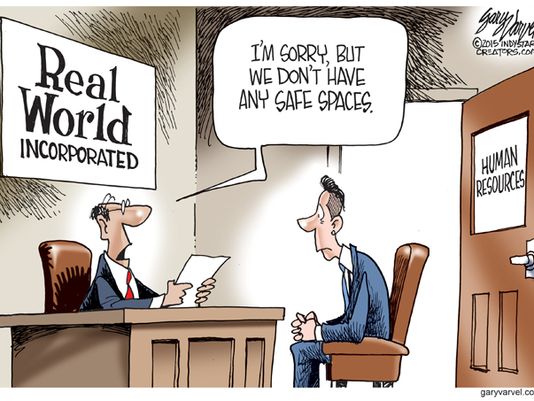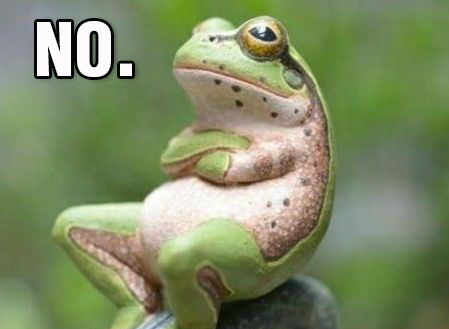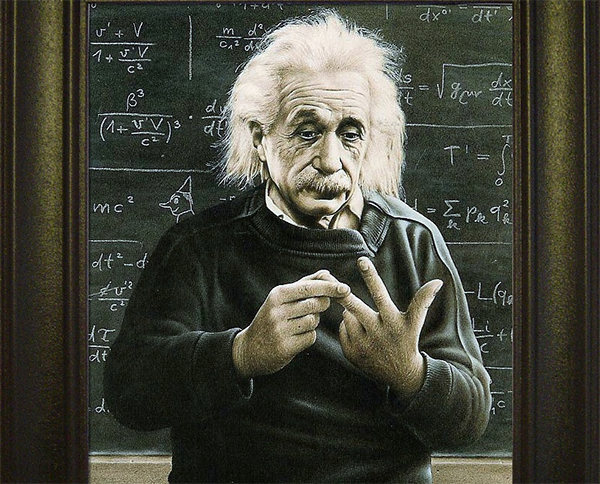Special 2016 “Alan Harrison’s Birthday” Edition: Pack Up the Babies and Grab the Old Ladies – And an Easy-To-Fulfill Wish List

I was born on May 14. Conceived on a hot August night. Neil Diamond would’ve been proud. He was old enough to have a kid then, so…who knows? Brother Love? Are you my papa?
From him, I want flowers.
From you, I want (this is your cue):
- A 137-word card. ( <–Yes, that’s a link.)
- Share your favorite 137 Words post with your social network (that’s “share,” not “like”).
- To join a great company with a great mission. In Seattle.
- Health for The Kid.
- Guidance for The Kid.
- The love of my life to be happy, fulfilled, and curious. You know who you are.
- The ability for you to guide your favorite nonprofit to safety, security, and success.
- Brilliantly measurable missions, better than you believe you’re capable of.
- Complete, successful execution of those brilliant new missions.
- Pie, not cake.
Nonprofit Arts Executives: After the Ask (for anything, actually), It’s Fast “Yes,” Slow “No”… Try a Slow “Yes” Instead
If you don’t hear right away, it’s probably “no.”
That goes for asks, offers, hiring, and anything else you require.
And that goes for you, too, when your stakeholders ask, offer, hire, and anything else they may require.
Reflection is the predictable path toward rationalization to the “no.” This is why the phrase “upon reflection” is almost always followed by a version of “we’ve decided not to change.” After all, as a rule, it’s easier not to change than to take a risk.
Many arts charity executives preach the glory of “managed risk” (an oxymoron, of sorts) and value fiscal responsibility above social impact. To be clear, social impact is central to the success of the mission; fiscal responsibility is a valuable business practice.
If “yes” leads to greater impact, then stop saying “no”… especially upon reflection.
The Paradox of Simplicity: Success Begins with Better, Not More
There’s a saying that every weapon that’s been invented has been used. Or will be.
Similarly, every technological advance of the last 30 years has been used. Or will be.
More avenues of communication. More personalized offers. More database data. More news. More marketing. More music. More art. More words.
Not “better.” “More.”
This is not code for “I’m old and yearn for a simpler time.” I’m not and I don’t. What I yearn for is a better time.
Regardless of how many ways key information is dispersed, some folks just don’t consume it. And that’s on you.
I should know. You may be engaging with this post (and thank you), but others who could, don’t. And that’s on me.
A blown basketball pass is the passer’s fault. But a bad pass isn’t solved with throwing more basketballs.
Artists and Non-Offensiveness: The Tyranny of Over-Sensitivity, Feelings, and Participation Trophies

There’s a troubling trend. There’s an absurd unwillingness to offend that seems pervasive among arts creators.
Not that creators are creating “Pleasant Art,” per se. Writers and artists are creating lots of work that is designed to make audiences uncomfortable. Which is good. The work may be about single issues and not terribly complex, but it’s good.
However, there are too many artists raised in atmospheres where everyone wins, even when they lose. In the name of inclusion and self-esteem, they live in a world where, like toddlers, “feeling bad” is simply unacceptable.
They believe they’re special.
To these artists:
- You are not special.
- You do not deserve success.
- Sometimes you lose.
It’s what you do with that information that defines you.
If you believe that nobody should ever have hurt feelings, you’re not doing your job.
Life on the Unraveling Nonprofit Arts Fringe: Why Hiring Experience and Guile Trumps Everything Else
Actor Hugh O’Brian is said to have coined “The 5 Stages of an Actor’s Career;”
- Who is Hugh O’Brian?
- Get me Hugh O’Brian.
- Get me a Hugh O’Brian type.
- Get me a young Hugh O’Brian.
- Who is Hugh O’Brian?
We’re in contact with hundreds of highly-experienced, resilient people who have made a career in the arts – and they’re having difficulties getting back into the field.
Some of it is ageism. Boards use headhunters to find smart young guns to lead departments or organizations — only to find that instead, they’ve hired brilliant 2-year placeholders with few people skills, entitlement issues, little flexibility, and quick parachutes.
Studies show those >50 stay longer than those under <40, are more productive, have better improvisational skills and flexibility, and are likelier to bring success.
Forget headhunters. Do your own search. Hire someone better than you.
Marketing Arts Charities: In 2014, It’s about Me (Not You… Me)
Attracting Millennials to the arts isn’t the easiest thing in the world. What worked with the Greatest Generation hasn’t worked with Boomers or Millennials.
This summer, Coca-Cola put names on the bottles (common first names for those born in the 80s and 90s). Then, a Coke turned into something about “me.”
Look what I’m drinking… it’s me!
We’ve also seen hundreds of bucket challenges to support ALS research, which is great. The product sold in the videos is “me.”
Look what I’m using to do good in the world… it’s me!
Marketing the transformative experience of the arts works best when it’s about “me.”
Look at that amazing artwork/ballet/opera/play/musical… it’s me!
If you can make the experience about the patron (not for the patron), you’ll have a fan for life.
Or at least until the next big thing.


